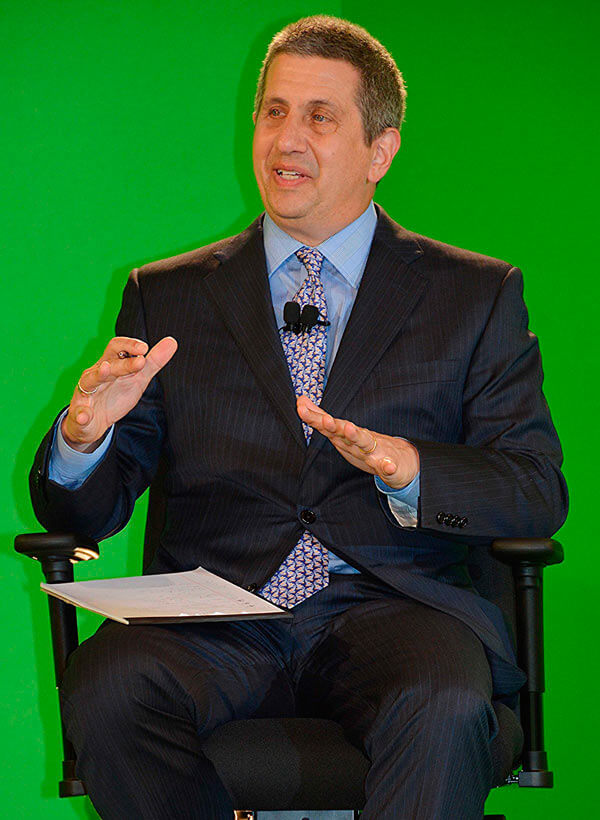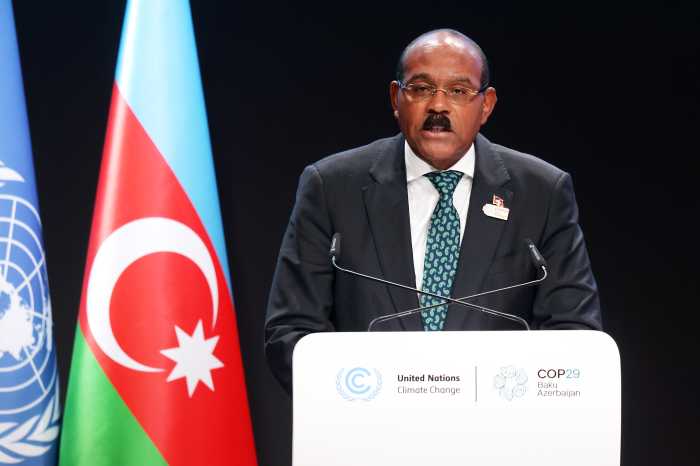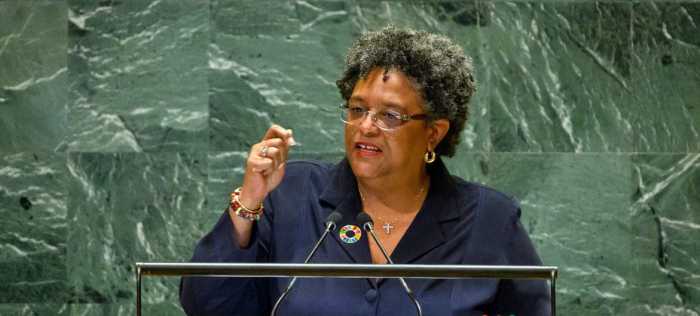Both economics scholar, Andrew Rose, and British High Commissioner, Janet Douglas, agree that Brexit, the UK’s severing of economic and immigration ties with the European Union, would affect Caribbean trade, but differ on solutions.
Professor Rose, the featured distinguished visiting fellow to the Central Bank of Barbados’ 5th Caribbean Economic Forum has said that Caribbean territories should seek to diversify their tourism and other business relations away from the UK and pursue the Latin American Market because current Brexit negotiations spell economic uncertainty for region.
But Douglas, who is the envoy to Barbados and the Eastern Caribbean, was Friday reported by the Nation Newspaper suggesting a UK intention to carry on business as usual when she said Britain was working with Caribbean governments for transition arrangements for trade after Brexit.
Britain, the largest source market for tourists to the Caribbean tourism industry which is the leading economic sector in most regional states, has been in in talks on immigration, finance and trade with the European Union as it prepares to separate from that western European grouping of countries following a UK vote to split from the EU, a process commonly referred to as Brexit.
The deadline for the end of talks is 2019, and Douglas said that at the same time UK discussion with Caribbean governments and organisations was “incredibly important, because we don’t want to get to the end of March 2019 and everything stops. We have to be in a position to be able to carry on working with partner countries on all aspects, particularly on trade.”
“We need to have in place some arrangements that mean that everybody can carry on the day after we leave, in the same way as they were behaving on the day before.”
Towards this objective, Douglas said that British specialists have been delegated to speak with CARICOM leaders on the way forward.
But during his recent presentation Rose expressed doubt that the 2019 deadline for an end of talks will be met and said that negotiations could go on for more than a decade.
Whenever this is over, he said countries such as Barbados and other Caribbean states with economic ties to Britain will suffer.
“Certainly, Barbados is very seriously affected because the UK sends lots of tourists down here and they’re involved in lots of other businesses directly. That’s not going to be good news for the countries in the Caribbean that do lots of business with the UK,” he added.
Against a backdrop of Barbados receiving 222, 322 tourists from the UK out of a total 666,441 holiday overnighters in its record-setting year for arrivals in 2017, Rose said it is time for this island to downplay Britain and focus on southern markets.
“I would say diversification away from the UK is a good idea, and Latin America seems to be the most obvious choice for the countries of the Caribbean,” he said.
Ironically, despite his forecast of hard times ahead for Barbados and the rest of the Caribbean owing to the Brexit fallout, Professor Rose thinks that grinding and prolonged talks between Britain and the EU could still yield positive results for the region, as the impact on the region will be felt when negotiations are over.
“In some sense you want the Brexit negotiations to be tough because Barbados and none of the Caribbean countries are at all directly affected. So, you want the UK to turn more away from the European Union towards other countries with which it engages in commerce.”
This wish, nonetheless comes with a caution, “but that said, anything that adversely affects UK is going to be bad for anyone doing business with them.”






















